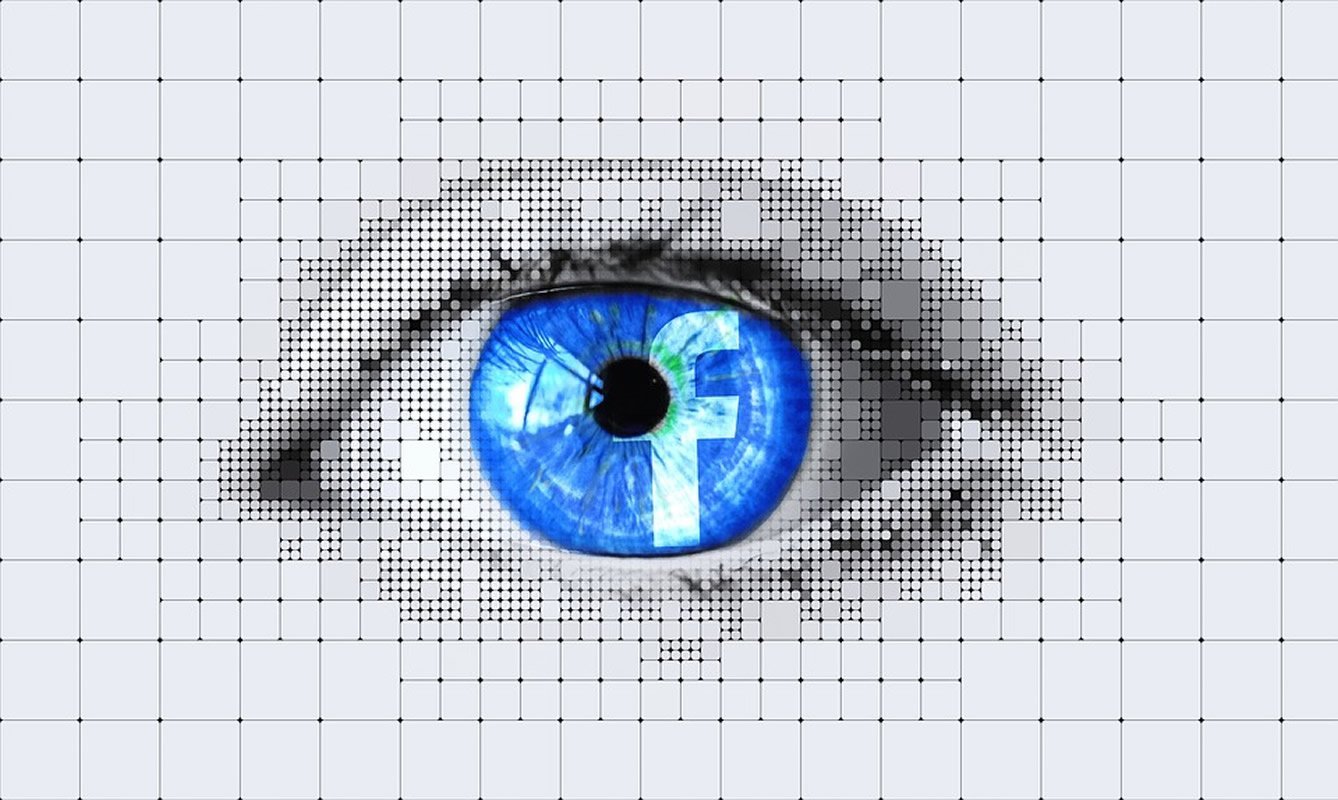Summary: Contrary to popular belief, using social media sites like Facebook can actually help improve mental health in adults. Researchers found adults who use Facebook regularly are 63% less likely to experience psychological distress, such as depression and anxiety, over time.
Source: Michigan State University
Contrary to popular belief, using social media and the internet regularly could improve mental health among adults and help fend off serious psychological distress, such as depression and anxiety, finds a new Michigan State University study.
Communication technologies and social media platforms make it easier to maintain relationships and access health information, which could explain it, says Keith Hampton, professor of media and information at Michigan State University.
So why the bad rap?
Because until now, adults haven’t been the focus of much research on the subject, Hampton said. Instead, most studies on social media have focused on youth and college students, and the effects could be explained by life stages, rather than technology use.
“Taking a snapshot of the anxiety felt by young people today and concluding that a whole generation is at risk because of social media ignores more noteworthy social changes, such as the lingering effects of the Great Recession, the rise in single-child families, older and more protective parents, more kids going to college and rising student debt,” he said.
So, Hampton set out to study more mature populations, analyzing data from more than 13,000 relationships from adult participants in the Panel Study of Income Dynamics – the world’s longest-running household survey. He used 2015 and 2016 data, which included a series of questions about the use of communication technologies and psychological distress.

He found social media users are 63 percent less likely to experience serious psychological distress from one year to the next, including major depression or serious anxiety. Having extended family members on social media further reduced psychological distress, so long as their family member’s mental health was not in decline.
The study, published in the Journal of Computer Mediated-Communication, challenges the notion that social media, mobile technologies and the internet contribute to a mental health crisis in the United States.
Other key findings:
- Someone who uses a social networking site is 1.63 times more likely to avoid serious psychological distress.
- The extent to which communication technologies affect psychological distress varies according to the type and amount of technologies people and their extended family members use.
- Changes to the mental health of family members affect the psychological distress experienced by other families, but only if both family members are connected on a social networking site.
“Today, we have these ongoing, little bits of information popping up on our cell phones and Facebook feeds, and that ongoing contact might matter for things like mental health,” Hampton said.
Source:
Michigan State University
Media Contacts:
Kristen Parker – Michigan State University
Image Source:
The image is in the public domain.
Original Research: The study will appear in Journal of Computer Mediated-Communication.






